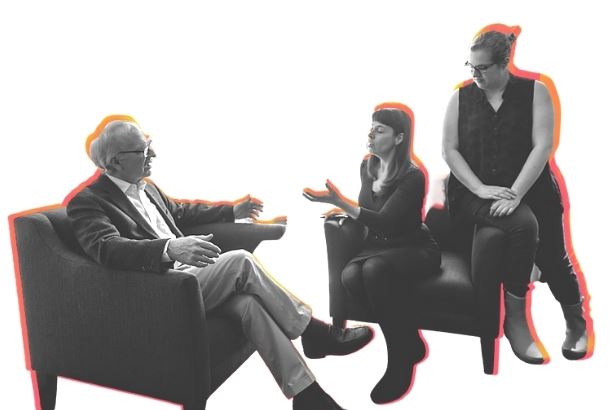|
The Reacting Consortium develops Reacting to the Past (RTTP) role playing games to inform and transform student learning in American higher education. These games effectively support the achievement of critical thinking, historical and intercultural knowledge, empathy, leadership, integrative learning, effective communication skills, and intellectual curiosity among students. They promote innovative teaching by faculty and administrators of higher education.
The Consortium develops Reacting to the Past games for publication through a partnership with an established publisher. It provides faculty with opportunities to learn the highly interactive RTTP pedagogy and to join a community of practice in the support of undergraduate teaching and learning. The Consortium provides institutions with effective programs of faculty development and with tools for innovation in curriculum design to encourage advanced accomplishment across both disciplinary and interdisciplinary programs.
The Reacting Consortium is a continuation of the Reacting to the Past Institute, originally developed by Dr. Mark Carnes and supported in its first decade by Barnard College, with major grants from the Fund for the Improvement of Postsecondary Education (U.S. Department of Education), the Christian A. Johnson Endeavor Foundation, the National Science Foundation, and the Teagle Foundation. The Reacting Advisory Board determined in 2012 to develop and charter a membership organization to expand instructional support and development opportunities for affiliated faculty.
The Reacting Consortium Board is comprised of affiliated faculty and administrators with experience in game or course development. Each new board member is elected to a three-year term by a majority vote of the current board. The members of the board will hold three-year staggered appointments and may be re-elected once for a total of two terms. A member who has achieved the term limit must wait at least two years before being eligible for nomination to the board again.
Each board member is expected to attend the board meeting at the Annual Institute at Barnard College (early June aside from global pandemic years), as well as to participate in both quarterly virtual board and committee conference calls throughout the year.
The Reacting Consortium Board is guided by the Reacting Consortium Charter of Governance which outlines the mission and purpose of the Consortium as well as the Consortium's important institutional information.
Reacting Consortium Charter (As of July, 2024)
REACTING BOARD MEMBERS
Serving over the 2025-2026 Term
Trey Alsup Wishcraft Simulations Ben Alpers University of Oklahoma Martha Attridge Bufton Elizabeth Denham Houston Community College Ethan Besser Fredrick University of Minnesota | Nick Proctor |
COMMITTEES
Our committees are comprised of both Reacting Consortium Board members and non-board members of our community. In addition to the committees listed below, we regularly have ad hoc and temporary task forces to address issues and challenges. If you are interested in serving on a committee, please contact us for more information.
|
|
We are proud to honor members of the Reacting community annually with the Dana Johnson Gorlin Fellowship and the Brilliancy Prize for Reacting.
INNOVATIVE CURRICULAR CHANGES Reacting and the Endeavor Foundation award 18 grants for faculty development The Reacting Consortium, in collaboration with the Endeavor Foundation, held three rounds of challenge grants, providing $7500 mini-grants to colleges and universities to help the schools develop and implement curriculum innovations using the high-impact pedagogy. The grants supported institutional teams of faculty and administrators to attend conferences focused on curriculum revision and Reacting. Any remaining funds supported curriculum projects on their own campuses. Funding was provided by the Endeavor Foundation. | COMMUNITY COLLEGE CONNECTIONS Reacting and the Harlem Education Activities Fund(HEAF) at Barnard Program Reacting pedagogy was central to HEAF@Barnard, a twelve-week academic program for college-bound HEAF high-school students. Designed to preview a liberal arts education, while fostering students' creativity, skills, and confidence, the experience included a nine-week seminar exploring The Threshold of Democracy: Athens in 403 B.C. Athens was adapted for high school students, focusing on writing and research skills-building with faculty and librarians. |

.jpg)
